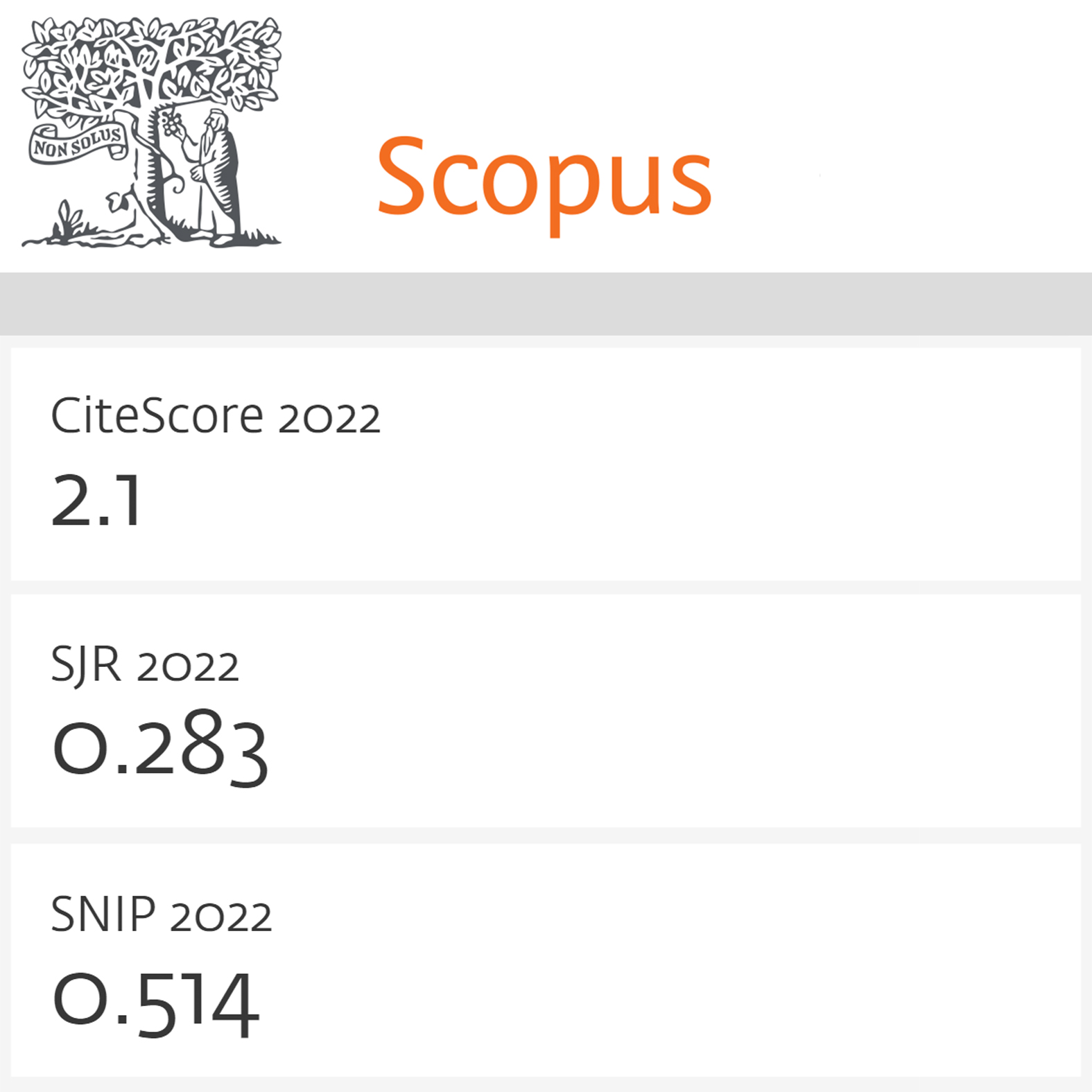Ontological knowledge bases productivity optimization through the use of reasoner combination
DOI:
https://doi.org/10.15587/1729-4061.2017.112347Keywords:
reasoner combination, Jena, Virtuoso, hypertableau, tableau, HermiT, FaCT , Pellet, ABox, TBox, RBoxAbstract
Reasoners are one of the main components of the ontological systems and the work of reasoners is the most resource-intensive task in ontology processing. The study proposes the reasoner combination method to enhance the performance of ontological systems. Its essence is selecting the most suitable reasoner out of the HermiT, Pellet and FaCT++ reasoners depending on the type of ontology. The distinctive feature of the research is combining the advantages of tableau and hypertableau methodologies.
The criterion, which has been developed, allows you to choose a reasoner for an ontology with optimal performance based on ontology components: TBox, ABox, RBox.
The results of the studies clearly show that the application of the reasoner combination method outstrips the performance of any particular reasoner, considering that the reasoner will process different types of ontology. The testing method was conducted on a set of 8 different ontologies: BP XP OBOL, FMA Lite Fly Taxonomy, Biological Process, DLP ExtDnS, MGED, DOLCE-Plans, SWEET Numerics.
The study resulted in the development of the method which will allow applying ontologies in the tasks that require high performance and processing of a large body of knowledge.
References
- List of Reasoners. OWL. Available at: http://owl.cs.manchester.ac.uk/tools/list-of-reasoners/
- Reasoners and rule engines: Jena inference support. Apache Jena. Available at: https://jena.apache.org/documentation/inference/
- OpenLink Virtuoso Universal Server Documentation (2017). OpenLink Software. Available at: http://docs.openlinksw.com/virtuoso/
- Sheare, R., Motik, B., Horrocks, I. HermiT: A Highly-Efficient OWL Reasoner. Available at: http://www.cs.ox.ac.uk/boris.motik/pubs/smh08HermiT.pdf
- Motik, B., Shearer, R., Horrocks, I. (2009). Hypertableau Reasoning for Description Logics. Journal of Artificial Intelligence Research, 36, 165–228.
- Zuo, M., Haarslev, V. (2013). Intelligent Tableau Algorithm for DL Reasoning. Automated Reasoning with Analytic Tableaux and Related Methods, 273–287. doi: 10.1007/978-3-642-40537-2_23
- Motik, B., Shearer, R., Horrocks, I. (2007). Optimized Reasoning in Description Logics Using Hypertableaux. Lecture Notes in Computer Science, 67–83. doi: 10.1007/978-3-540-73595-3_6
- Pukancová, J., Homola, M. Tableau-Based ABox Abduction for Description Logics: Preliminary Report. Available at: http://ceur-ws.org/Vol-1577/paper_23.pdf
- Surianarayanan, C., Ganapathy, G. (2012). A survey on optimization approaches to semantic service discovery towards an integrated solution. ICTACT Journal on Soft Computing, 02 (04), 377–383. doi: 10.21917/ijsc.2012.0059
- Glimm, B., Horrocks, I., Motik, B., Stoilos, G. (2010). Optimising Ontology Classification. Lecture Notes in Computer Science, 225–240. doi: 10.1007/978-3-642-17746-0_15
- Shevchenko, A., Shevchenko, E. (2012). Modern ontological knowledge base management systems comparison. Visnyk SevNTU, 131, 82–86.
- Dentler, K., Cornet, R., Teije, A., Keizer, N. (2011). Comparison of Reasoners for large Ontologies in the OWL 2 EL Profile. IOS Press, 1, 1–17.
- Sirin, E., Parsia, B., Grau, B. C., Kalyanpur, A., Katz, Y. (2007). Pellet: A practical OWL-DL reasoner. Web Semantics: Science, Services and Agents on the World Wide Web, 5 (2), 51–53. doi: 10.1016/j.websem.2007.03.004
- Apache Jena Overview. Apache. Available at: http://jena.apache.org/documentation/javadoc/jena/
- Fokoue, A., Kershenbaum, A., Ma, L., Schonberg, E., Srinivas, K. (2006). The Summary Abox: Cutting Ontologies Down to Size. Lecture Notes in Computer Science, 343–356. doi: 10.1007/11926078_25
- Bibchkov, I., Sokol, V., Shevchenko, A. (2014). Optimizing the performance of ontological knowledge bases built on the basis of «VIRTUOSO». Eastern-European Journal of Enterprise Technologies, 5 (2 (71)), 4–8. doi: 10.15587/1729-4061.2014.28553
Downloads
Published
How to Cite
Issue
Section
License
Copyright (c) 2017 Igor Bibichkov, Vadym Sokol, Oleksandr Shevchenko

This work is licensed under a Creative Commons Attribution 4.0 International License.
The consolidation and conditions for the transfer of copyright (identification of authorship) is carried out in the License Agreement. In particular, the authors reserve the right to the authorship of their manuscript and transfer the first publication of this work to the journal under the terms of the Creative Commons CC BY license. At the same time, they have the right to conclude on their own additional agreements concerning the non-exclusive distribution of the work in the form in which it was published by this journal, but provided that the link to the first publication of the article in this journal is preserved.
A license agreement is a document in which the author warrants that he/she owns all copyright for the work (manuscript, article, etc.).
The authors, signing the License Agreement with TECHNOLOGY CENTER PC, have all rights to the further use of their work, provided that they link to our edition in which the work was published.
According to the terms of the License Agreement, the Publisher TECHNOLOGY CENTER PC does not take away your copyrights and receives permission from the authors to use and dissemination of the publication through the world's scientific resources (own electronic resources, scientometric databases, repositories, libraries, etc.).
In the absence of a signed License Agreement or in the absence of this agreement of identifiers allowing to identify the identity of the author, the editors have no right to work with the manuscript.
It is important to remember that there is another type of agreement between authors and publishers – when copyright is transferred from the authors to the publisher. In this case, the authors lose ownership of their work and may not use it in any way.









